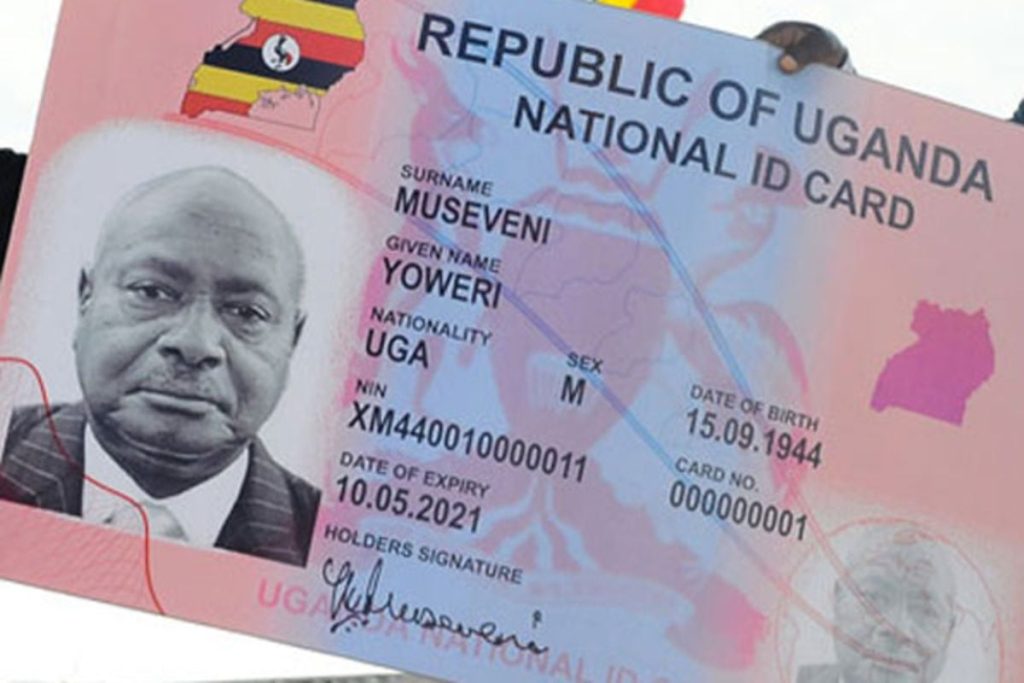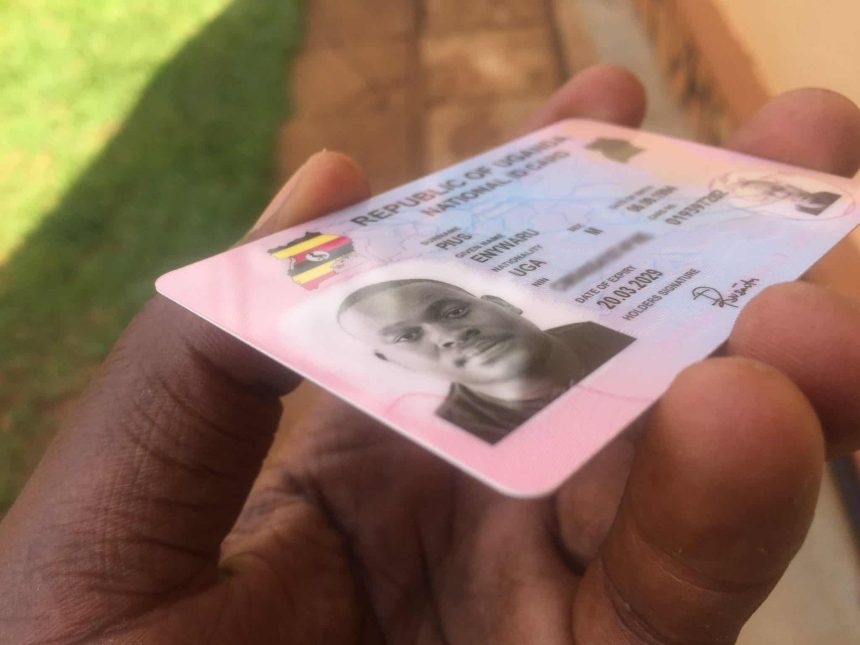In the digital age, identity verification is crucial for accessing a wide range of services. Uganda’s implementation of digital ID cards, known as the Ndaga Muntu, was a step towards modernizing identification processes and improving service delivery.
However, the rollout has not been without its challenges, particularly regarding surveillance and the exclusion of marginalized groups.
About The Ndaga Muntu System
The Ndaga Muntu system, introduced by the National Identification and Registration Authority (NIRA) in 2015, aimed to provide a secure and efficient method of identification for Ugandans. The digital ID cards contain biometric data and personal information, which are essential for participating in the country’s social, political, and economic life.

The benefits of such a system are manifold, including streamlined access to government services, banking, and voting.
Misuse of Cards
Despite these advantages, concerns have been raised about the potential for misuse of personal data and the infringement of privacy rights. A study by the African Center for Media Excellence (ACME) suggests that the implementation of biometric and digital identity programs in Uganda has facilitated increased surveillance, impacting journalism and media freedoms. This raises questions about the balance between national security and individual privacy.
A parliamentary investigation later determined that the $80 million deal bypassed government procurement rules
Moreover, the design and implementation of the Ndaga Muntu have been criticized for exacerbating social exclusion.
Reports indicate that certain groups, particularly persons with disabilities, have faced difficulties during the registration process due to the requirement of biometric data such as fingerprints. This “exclusion-by-design” approach has led to a significant portion of the population being unable to obtain their digital IDs, thereby denying them access to essential services and civic participation.
Lawsuits Against The Government
The situation has prompted legal action, with three charities in Uganda suing the government over the digital ID program. They argue that systemic flaws have led to the exclusion of over one-third of adults from accessing crucial services and call for the decoupling of government services from the digital system until the issues are resolved.
Cost of system
Uganda signed its first deal for biometric IDs in 2010, with the German technology company Mühlbauer. A parliamentary investigation later determined that the $80 million deal bypassed government procurement rules because the bidding process wasn’t competitive.
Surveillance State?
Bloomberg detailed in its latest report how authorities and the police appear to have ad hoc access to the NIRA system to surveil political opponents and journalists.
While digital IDs can offer convenience and efficiency, they must be implemented with a strong commitment to inclusion, privacy, and public trust. As Uganda continues to navigate these challenges, it serves as a case study for other nations considering similar digital transformations.
Catch up on news and other tidbits on our WhatsApp Community Page, Twitter/X, and subscribe to our weekly newsletter to ensure you don’t miss out on any news.










